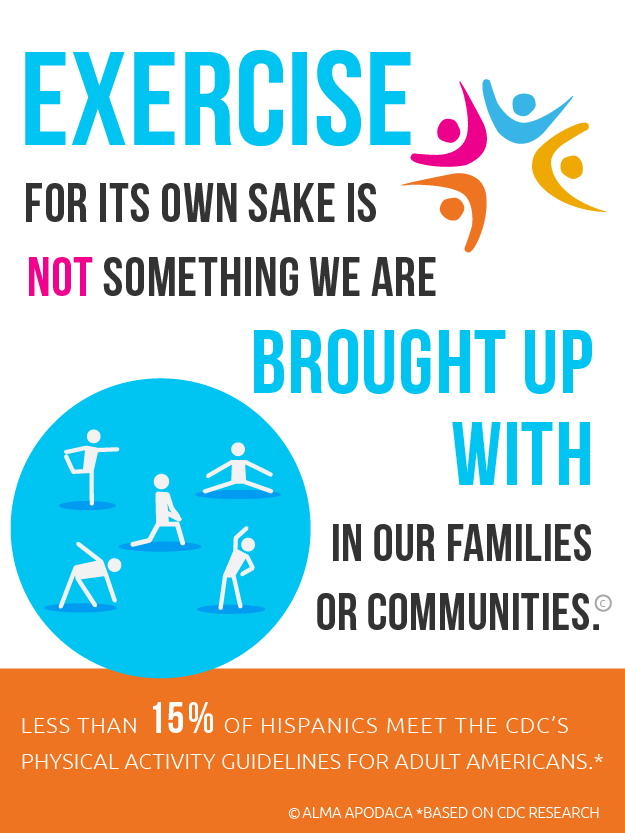
9 Things to Know Before Buying Life Insurance
10/15/2015 08:00AM | 8184 viewsYour life insurance should generally be 10 to 12 times your annual salary, but it's a long-term investment, and you need to be careful -- by Joyce Garner, insurance planner and adviser with Zimmerman & Ray Insurance Services, in Roseville, CA.
Life is unpredictable. So, even when doing very well in life, you are never sure what the future holds for you or your beloved family. Perhaps nothing provides more peace of mind than securing your family’s financial future for the day “when you are not there.” The question is: How?
It takes more than just saving
- You will have a hard time securing your family’s future just by saving and cutting expenses.
- A life insurance policy can fulfill your family’s immediate cash flow requirements.
- Your family can face no, or minimum, disruption financially if something happens to you.
Getting the best of an insurance policy
- You need a well-thought-out insurance plan and must pay attention to various aspects of a policy.
- Remember: Insurance is a long-term investment, and it’s difficult to make changes in a policy’s terms later.
Here are 9 things to bear in mind before buying or upgrading an insurance policy:
1. Figure out your insurance needs
- Your insurance needs depend on whether you are single, married with children, married without children, a single parent, an empty nester or a retiree.
- The first thing you need to figure out is who and what needs to be covered under your life insurance policy — mortgage, utilities, healthcare, education of any children, etc.
- Ideally, your family, home and the status of your career should be reflected in your insurance policy.
2. What type of insurance do you need?
- There are two types of life insurance policies: term insurance and cash value insurance.
Term insurance
- It has no investment component.
- It provides coverage for a specific period at fixed premiums.
- Compared with cash-value insurance, term insurance has lower premiums
- You need to decide the amount and period of coverage – 10, 15, 25 or 30 years.
- In the event of the insured’s death, beneficiaries get the face value of the policy tax free.
Cash-value or permanent life insurance
- It covers the lifetime of the insured.
- Permanent life insurance is of many types: whole life, universal life and variable life.
- Such policies have a cash value – you are paid back a portion of your premium.
- Tax is not charged on such policies until you withdraw the cash value or surrender your policy before your death.
3. Make sure premiums are affordable
- Keep your financial limits in mind.
- Go for a policy whose initial, as well as future, premiums are within your range.
4. Read policy terms carefully
- It’s imperative to carefully review the terms, coverage premiums, benefits, renewals and termination clauses of the policy before buying it.
- Understand the time period for providing the insurance benefits to beneficiaries in case of untimely death.
- Your beneficiaries should also have information about your insurance policy and its terms and conditions.
5. Study before dropping or replacing a policy
- Weigh the pros and cons before dropping your current policy in favor of a new one.
- Insurance companies charge to drop or replace your current policy with a new one.
6. Keep track of renewal policies
- Even if your health status changes, most term insurance policies can be renewed for a term or more.
- The premiums for renewed term policies are higher.
- Ask about the amount of premiums to be paid if renewal is sought after a certain age.
- Ask for the age up to which you can renew your term insurance policy.
7. Review your policy every few years
- You can upgrade your existing policy if your requirements change.
- Take inflation, current economic status, changing family size and future plans into count while reviewing your insurance policy.
8. Be accurate on your application
- Hiding personal health information or filing wrong information to get lower premiums can later lead to the loss of coverage and benefits.
- Insurance companies can deny full benefits to beneficiaries if you die of an illness you had before signing the policy and did not reveal.
9. Avoid solely depending on your employer’s insurance
- Life insurance should be 10 to 12 times of your salary, but your employer may not offer that amount.
- You’ll lose your coverage if you change your job or your health declines.
- Employer-provided life insurance tends to get more expensive as you age.
- See more at: http://insurancethoughtleadership.com/9-things-know-buying-life-insurance/#sthash.d60ktZRt.dpuf










Post your Comment
Please login or sign up to comment
Comments